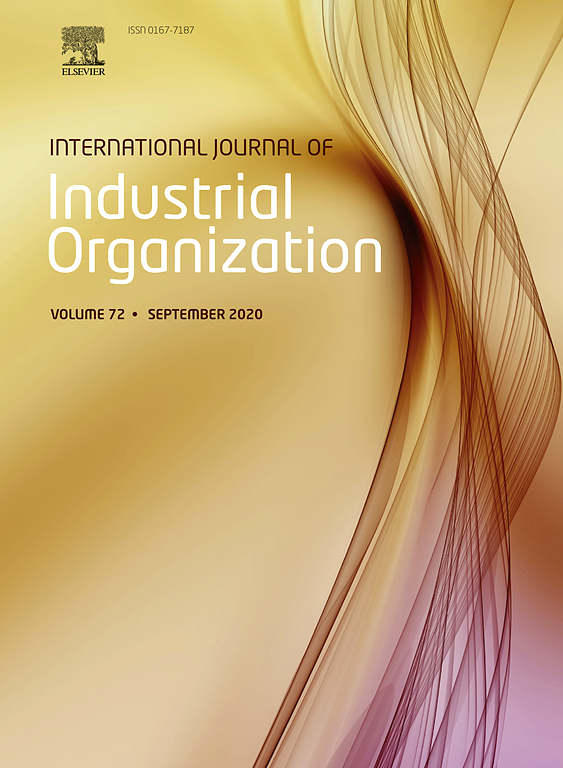News Media Bargaining Codes, Luca Sandrini and Robert Somogyi’s joint project, was awarded a NET Institute Summer Grant.
The project investigates the welfare effects of a policy intervention that mandates digital platforms (notably Facebook and Google) to negotiate compensation with news publishers for the excessive loss in advertising revenues that the latter are experiencing. By introducing the News Media and Digital Platforms Mandatory Bargaining Code, the Australian government was the first to legislate such a policy. This research project aims to understand the effect of such regulations on consumers and news quality. The analysis distinguishes two main scenarios. First, if the news quality is insensitive to the policy (news publishers do not adjust their investments upon receiving a transfer), the codes increase welfare and never harm consumers. Second, a poorly designed transfer can be inefficient if news publishers set news quality endogenously. However, even an inefficient policy never harms consumers. Furthermore, the research provides some guidance on designing an efficient transfer scheme.
The first draft of the paper analyzing these issues will be available in the Fall as a NET Institute Working Paper. The NET Institute funds a number of scientific research projects in the area of network industries, including wired and wireless networks, “virtual networks,” electronic commerce, telecommunications, the Internet, platforms, and two-sided markets. It is expected that funded research will eventually be published in top academic research journals. The NET Institute’s board of directors consists of:
- Dr Vinton G. Cerf, Vice President & Chief Internet Evangelist, Google
- Professor Nicholas Economides, Stern School of Business, New York University (Executive Director)
- David A. Heiner, Vice President & Deputy General Counsel, Microsoft Corporation
- Dr Nathan Myhrvold, CEO, Intellectual Ventures
- Professor Ariel Pakes, Economics Department, Harvard University


 Presenting “Time Series, Latent Class Analysis, Statistical Modelling and Experimental Design” at 16:15-17:30 in QA406.
Presenting “Time Series, Latent Class Analysis, Statistical Modelling and Experimental Design” at 16:15-17:30 in QA406. Presenting “Yellow Vests, Carbon Tax Aversion, and Biased Beliefs” at 12:15-13:30 in QA406.
Presenting “Yellow Vests, Carbon Tax Aversion, and Biased Beliefs” at 12:15-13:30 in QA406. Presenting “Signaling under Bilateral Uncertainty: Do Green Consumers Lead to More Greenwashing?” at 12:15-13:30 in QA406.
Presenting “Signaling under Bilateral Uncertainty: Do Green Consumers Lead to More Greenwashing?” at 12:15-13:30 in QA406. Presenting “The Value of Mediated Communication” at 12:15-13:30 in QA406.
Presenting “The Value of Mediated Communication” at 12:15-13:30 in QA406.